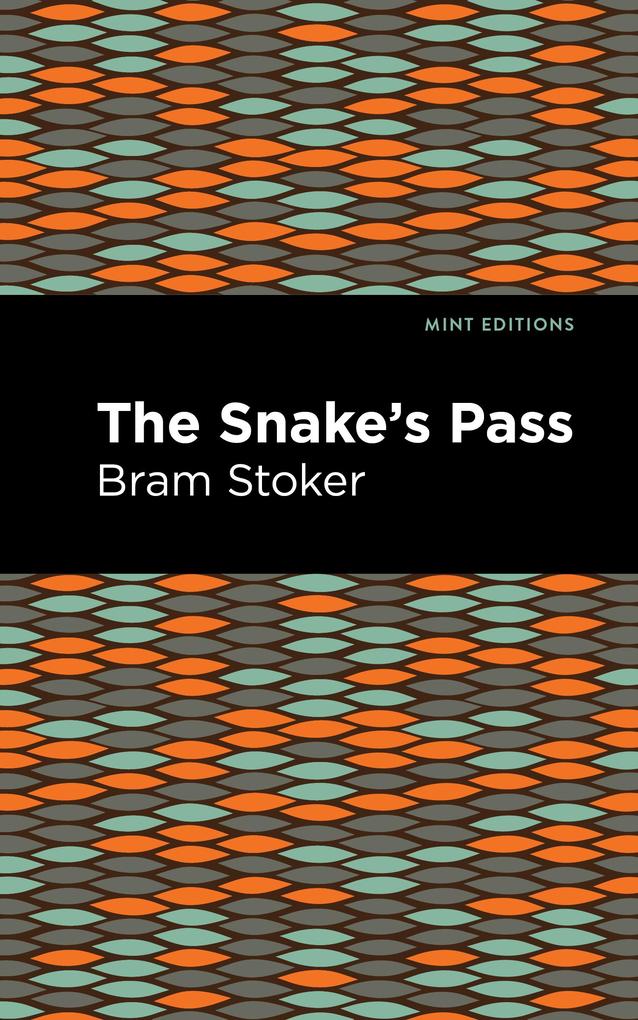
Sofort lieferbar (Download)
Arthur Severn travels west to learn more about the history of Ireland. During a terrible storm, he is forced to take shelter in a small town. As the story unfolds, Arthur is swept up in an adventure involving an ancient treasure, a mysterious fog, and the deceptions of greedy men. The Snake's Pass is a novel by Bram Stoker.
Mehr aus dieser Reihe
Produktdetails
Erscheinungsdatum
21. Juni 2021
Sprache
englisch
Seitenanzahl
220
Dateigröße
1,70 MB
Reihe
Mint Editions (Romantic Tales)
Autor/Autorin
Bram Stoker
Verlag/Hersteller
Kopierschutz
mit Adobe-DRM-Kopierschutz
Produktart
EBOOK
Dateiformat
EPUB
ISBN
9781513287058
Entdecken Sie mehr
Bewertungen
0 Bewertungen
Es wurden noch keine Bewertungen abgegeben. Schreiben Sie die erste Bewertung zu "The Snake's Pass" und helfen Sie damit anderen bei der Kaufentscheidung.


































